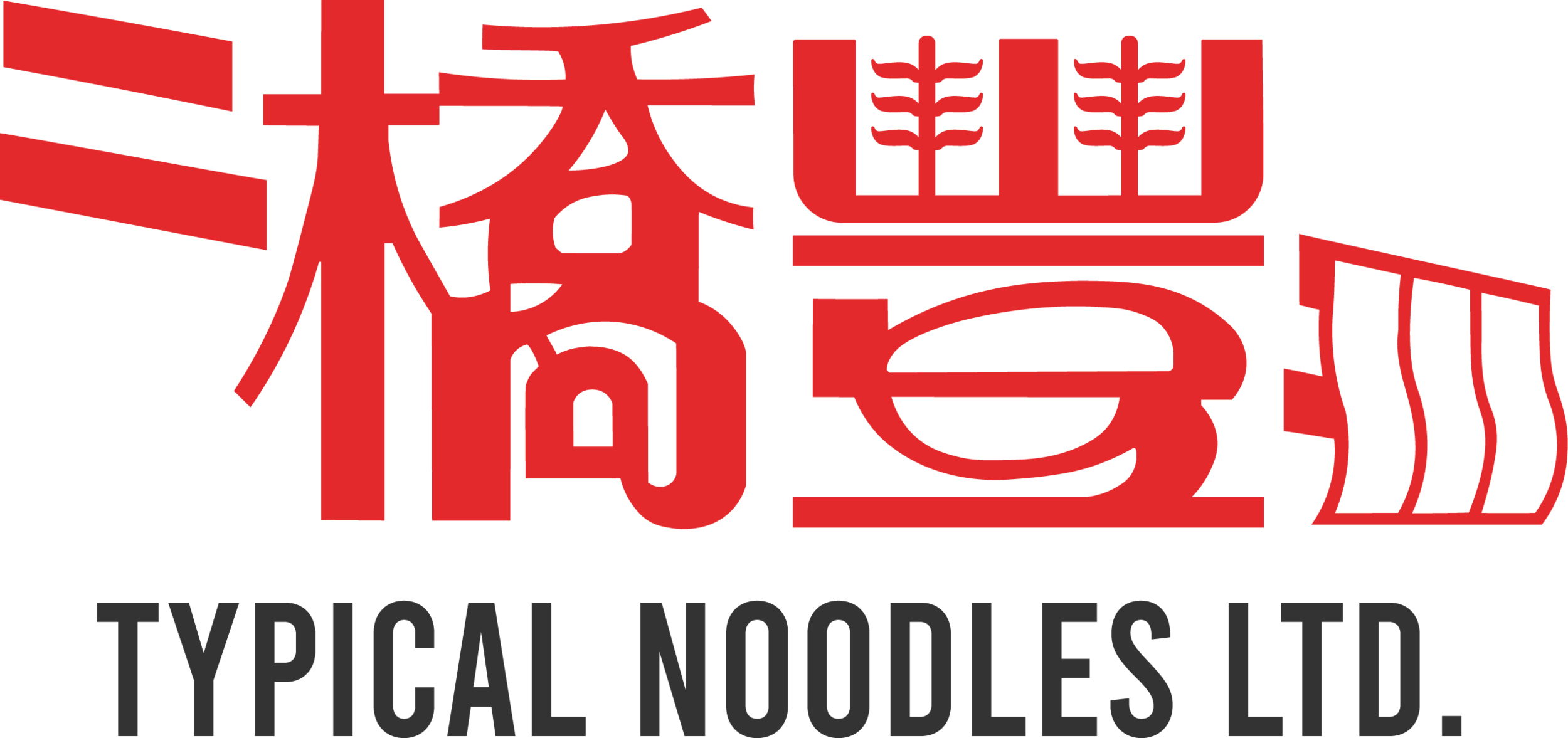The history of dumplings and Chinese New Year
Today marks the day before Chinese New Year and we wanted to take a deeper look at the history of dumplings and the traditions that come with it. Surprisingly, dumplings and Chinese New Year have a very connected history, so as we kick off the new year, we wanted to take some time to remember how it all came to be.
It is believed that the tradition of dumplings began during the Han Dynasty (206 BC - 220 AD) by a physician named Zhang Zhongjing. Legend has it that Zhang was a great physician who travelled far to learn medicinal practices in different areas and regions. It was the time between Winter Solstice and Chinese New Year, where the days were short and upon returning to his village, Zhang discovered that people in his village were suffering from the cold weather of the long nights because of the lack of warm clothes and food. It was an epidemic in the village and people were dying from frostbite on the ears, so Zhang set out to find a cure.
Taking what he had learned, Zhang Zhongjing cooked some lamb (a warming food), black peppers and other medicinal herbs and wrapped them up in a dough skin and shaped them to look like ears. He boiled these "ears" along with other medicinal herbs to create a warm soup. Zhang gave everyone who suffered from the frostbite two of these "ears" along with a bowl of the soup. Aside from the taste and the warmth of the food, the medicinal herbs promoted blood flow which helped thaw out the cold ears. And just like that, Zhang had discovered the cured and the epidemic in the village was under control.
Today, Chinese people like to eat dumplings around Chinese New Year to commemorate this event. On the eve of Chinese New Year, families like to get together as a family activity to wrap and cook dumplings to eat them at midnight. All the work needs to be done before midnight and consumed at or after midnight. This symbolizes the end of work in one year and celebrates the new year by eating and drinking together. What a beautiful tradition!
Among other traditions, dumplings also symbolize longevity and wealth. This is because the shape of dumplings resemble the gold or silver ingots that were the early form of Chinese currency. Some people went as far as hiding a clean coin inside the dumpling so that whoever found it would have great luck or fortune that year. Imagine eating a dumpling and discovering a coin instead.
As you celebrate Chinese New Year tonight, consider grabbing a bag of dumplings and cooking them by midnight to kick off the new year! Since dumplings are no longer made for medicinal purposes, we've substituted the herbs for ingredients like vegetables and other types of meat like pork and chicken at Typical Noodles. Stop by our location in Richmond or check out our products, though we don't sell the ones with coins in them.
